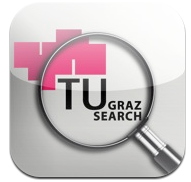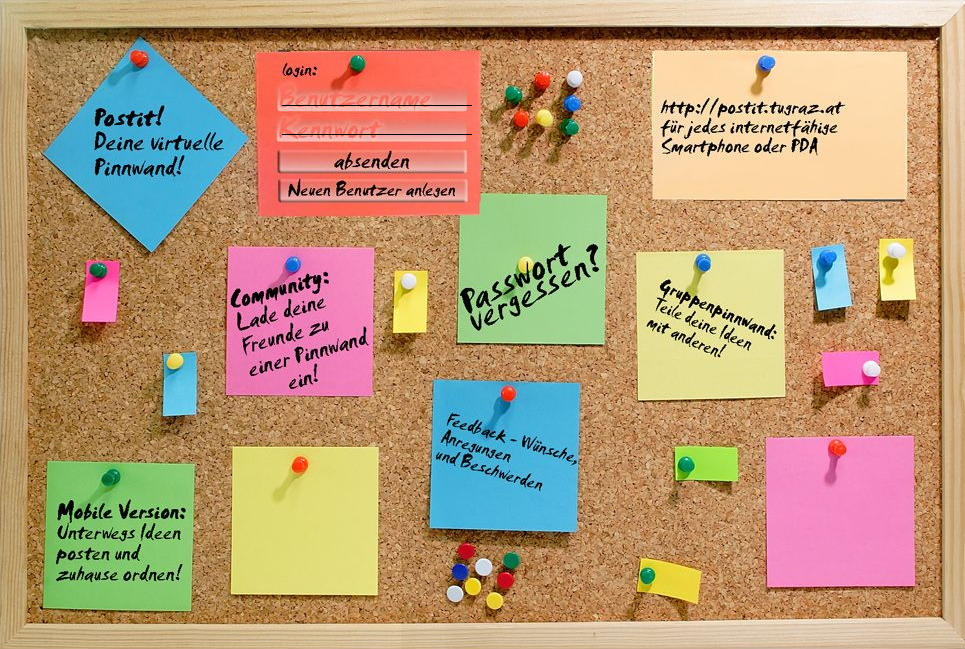We produced a short video about our Personal Learning Environment of Graz University of Technology to attend the Mediacast Contest of this year PLE Conference in Southampton:
In celebration of User Generated Content we will have a Mediacast Contest during the PLE Conference 2011 with awards for the best three mediacast productions on Personal Learning Environments. The contest is open to all registered conference participants, who can create their own mediacasts, such as vodcasts (video productions) or screencasts (mixed media productions) of three minutes or less sharing their ideas, reflections and applications of Personal Learning Environments and best suggestions for creating such environments for individuals, groups and communities.
Here is our Video – if you like it, please vote for it on VIMEO – thanks a lot:






